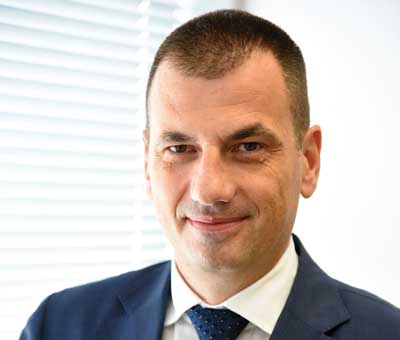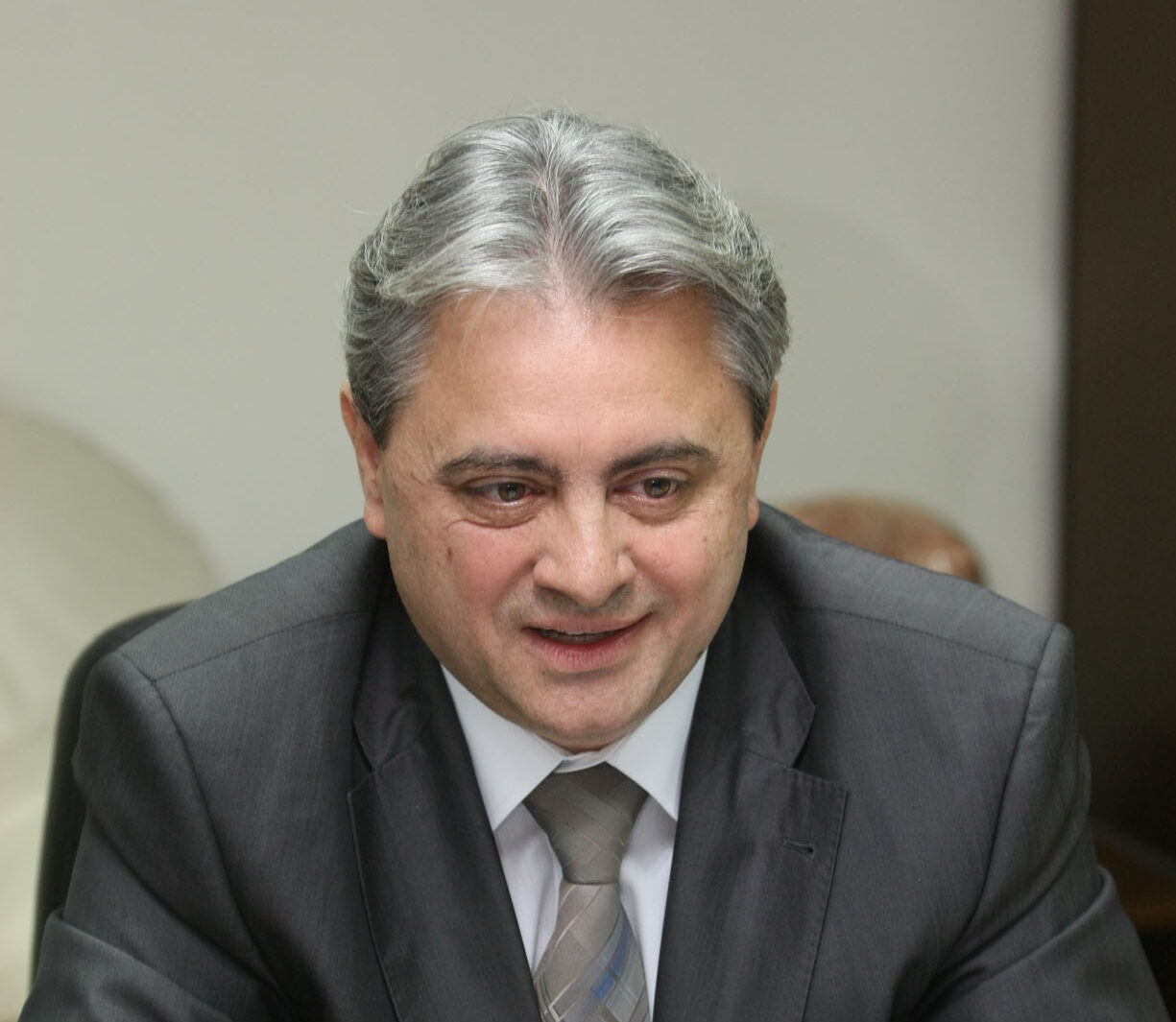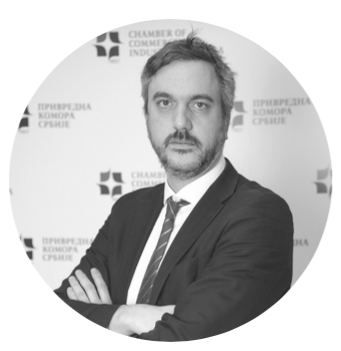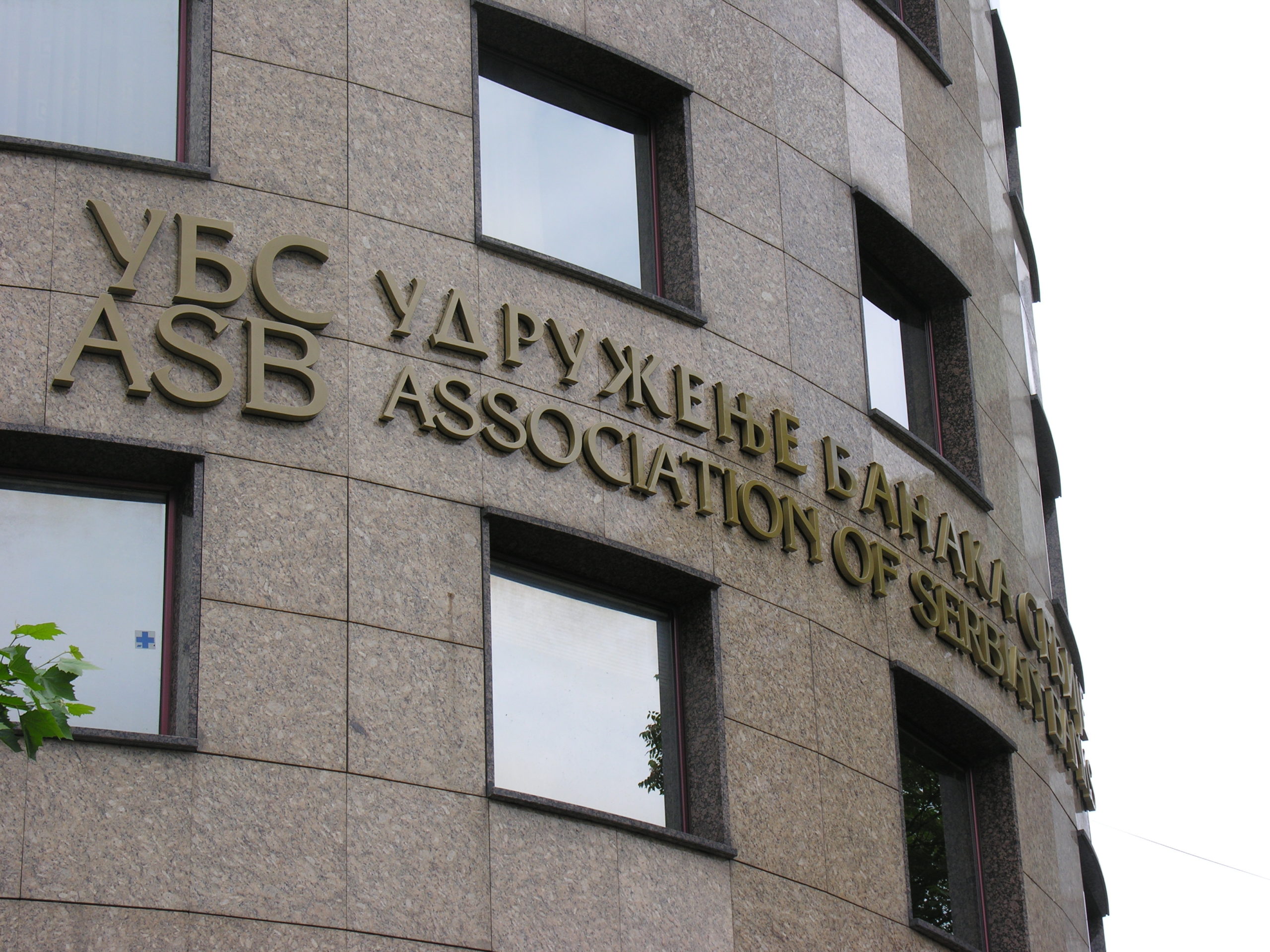Switzerland Innovation Parks ensure the country remains the most innovative in the world
For the last ten years, the World Intellectual Property Organization ranked Switzerland in the coveted top spot as the world’s most innovative country on their Global Innovation Index. Switzerland remains the country of inventors and innovators, with a record number of patent applications per capita, consistently creating high-quality, innovative products and solutions. The government has one of the highest expenditures in R&D in relation to the gross domestic product, and combined with the private sector’s expenditure in R&D, it equates to over CHF 22 billion. Switzerland has a superpower for turning conceptual ideas into innovative solutions, tackling some of the world’s leading challenges.
At the heart of every successful innovation is a merger of innovative minds striving for a common goal and collaborating to conquer challenges along the way. Switzerland Innovation Parks catalyze innovation by fostering a collaborative environment intertwining academia with the leading public and private sector science-based companies, emerging startups, and globally competitive Small Medium Enterprises.

Raymond Cron, CEO of Switzerland Innovation, stated, “Switzerland offers ideal conditions for innovation, with its stable political and social environment, legal certainty, and an exceptional education system. Switzerland Innovation Parks further aid in this success by offering the infrastructure and network critical for bringing ideas to reality. The parks give easy access to talent, knowledge, and expertise. It is the ideal place for technology-driven companies to create their next breakthrough or best-selling product.”
With a population of only 8.6 million people, Switzerland continues to be home to some of the world’s leading minds. Thanks to its exceptional academic institutions, its highly skilled workforce contributes to the national reputation for excellence in R&D and innovation. Swiss schools and universities are among the best in the world. Switzerland Innovation Parks gives its tenants access to world-leading research institutions such as the Swiss Federal Institute of Technology Zurich
(ETH Zurich) and the Swiss Federal Institute of Technology Lausanne (EPFL). The Parks offer universities and companies an ecosystem to network, exchange ideas, develop, and eventually market their products.
“Switzerland has a high proportion of foreign talent, in part thanks to the country’s neutral, stable political and social environment. The government plays its part in supporting innovation and driving initiatives that nurture an ecosystem vital for future success. The collaboration between the private sector and Switzerland’s superb universities is key. These partnerships directly result in tangible products and services. At Switzerland Innovation Parks, we offer easy access to the best talent and researchers to forge partnerships and share ideas with R&D teams from top international companies. Working together in a single space accelerates the development process. We form an ecosystem for companies to further their research, in partnership with universities and educational institutions, creating a breeding ground for innovation,” added Raymond Cron.
Entities working within Switzerland Innovation Parks continuously lead the way in cutting-edge technologies and innovation across the fields of health and life sciences, computer and computational science, energy, natural resources and environment, mobility and transportation, and manufacturing and materials. Switzerland Innovation Parks’ five sites are based in strategic locations. The nationwide presence includes Park Basel Area, Park Innovaare, Park Zurich, Park Network West EPFL, and Park Biel/Bienne. The parks have over 200,000 square meters of high end laboratories, offices, conference rooms, co-working spaces, and large accelerator-based research facilities. In addition, there are more than 40 hectares of area for development.
“Switzerland offers ideal conditions for innovation, with its stable political and social environment, legal certainty, and an exceptional education system.”
Raymond Cron, CEO of Switzerland Innovation
Leading global enterprises select Switzerland for their R&D centers. Raymond Cron mentioned, “Google has its largest R&D site outside of the USA in Switzerland, and other entities with R&D centers in Switzerland include ABB, Nestlé, Roche, and many other global players. Most recently, Yokogawa, the Japanese conglomerate, established their innovation center at Switzerland Innovation Park Basel Area. They will focus on driving forward innovation in the field of biotechnology. International cooperation remains a vital cornerstone for knowledge transfer, but Switzerland leads the way in technological breakthroughs, patent applications, intellectual property receipts, and high-tech manufacturing products.”
Raymond Cron discussed the necessity for innovation, “Switzerland Innovation Parks are needed now more than ever. Innovation must be on the top of the agenda in times of crisis. We are currently building new infrastructure at three parks, highlighting the fact we believe in the future and are convinced our approach is the right way forward. Innovation is the basis for Switzerland’s economic success, and the guarantee for future prosperity. Switzerland Innovation Parks allow entities to maximize their potential and opportunities, creating efficient cooperation where partners can turn ideas into reality. They ensure Switzerland will remain one of the most innovative countries in the world.”



























